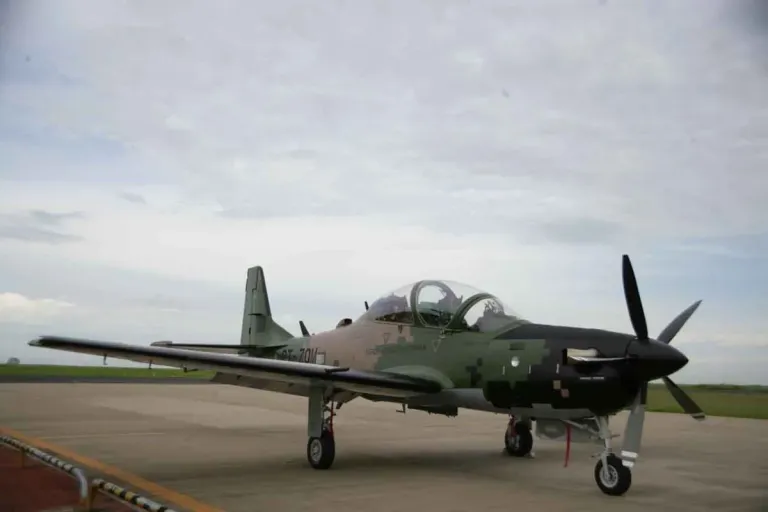The Government of Panama is defending its decision to acquire four military aircraft for 76.3 million dollars. The controversial purchase of the Embraer Super Tucano planes has drawn sharp criticism from opposition figures who argue the funds should address urgent public needs like water shortages and healthcare. President Jose Raul Mulino’s administration approved the expenditure as part of a broader initiative to modernize the country’s aerial capabilities.
Official documents confirm the contract with Brazilian manufacturer Embraer includes the aircraft, maintenance services, and pilot training. The total cost recently increased by eight million dollars from an initial projection. This acquisition is structured as a multi-year financial commitment, locking in payments from the state security budget through the year 2034.
Political Opposition Condemns Spending Priorities
Former presidential candidate Ricardo Lombana led the public criticism, voicing his concerns on social media platform X. He characterized the purchase as a misallocation of resources that highlights the administration’s disconnect from the population’s daily struggles. Lombana represents the Movimiento Otro Camino, or MOCA, party.
Once again the Mulino Government confirms how out of focus its priorities are from the true needs of the population, [Translated from Spanish] Lombana stated. It is not enough for them to spend more than 70 million on ‘warplanes’ that are not needed, but they are also committing the state’s security budget for the next nine years.
Lombana further emphasized that Panamanian citizens will bear an additional eight million dollar burden to finance what he called a governmental whim. He directly linked this spending to the country’s ongoing challenges with public security, suggesting the two issues are connected. This public statement from President Mulino shows a pattern of policy disagreements.
Lawmaker Points to Basic Service Failures
Opposition lawmaker Luis Duke from the Vamos coalition echoed these criticisms, stating the executive branch is completely disconnected from the reality Panamanians live. He argued that citizens are demanding investment in essential services, not military hardware. Duke specifically mentioned the public’s need for potable water, functional healthcare, and accessible education.
The Panamanian people are asking for investment in potable water, health, and education more than they are asking for investment in airplanes, [Translated from Spanish] Duke said. While universities wait for a five million dollar refund, a plane purchase that increases by almost seven million dollars and commits state resources until 2034 is approved.
The deputy added that the government is not prioritizing where it should. He proposed that Panama could have explored international agreements to obtain the aircraft without straining the national budget. Duke painted a vivid picture of current hardships, noting that citizens turn on their taps and find no water, then go to hospitals and find insufficient medicines and doctors.
A government that truly understands the country’s reality prioritizes the needs of the people before spending millions on airplanes, he emphasized. These critiques emerge as many communities face persistent issues with water distribution and public health infrastructure.
Official Justification for Aerial Fleet Upgrade
According to official sources, the acquisition of the four Embraer Super Tucano aircraft falls under a planned strengthening of the Air Force. This initiative is a core component of the National Aeronaval Service modernization strategy. The Senan has historically operated a mixed fleet of aircraft for patrol, search and rescue, and interdiction missions within its jurisdiction over Panamanian airspace and territorial waters.
Proponents of the deal likely argue that modern aircraft are vital for national sovereignty and security operations. The Super Tucano is a turboprop plane designed for light attack, counter-insurgency, and pilot training roles. Its capabilities include reconnaissance and armed surveillance, which could be applied to border patrol and anti-smuggling operations.
This financial commitment, however, locks a significant portion of the security budget into a single asset class for nearly a decade. The debate over the planes ultimately reflects a deeper conflict about national spending priorities during a period of economic uncertainty and pressing social needs.



